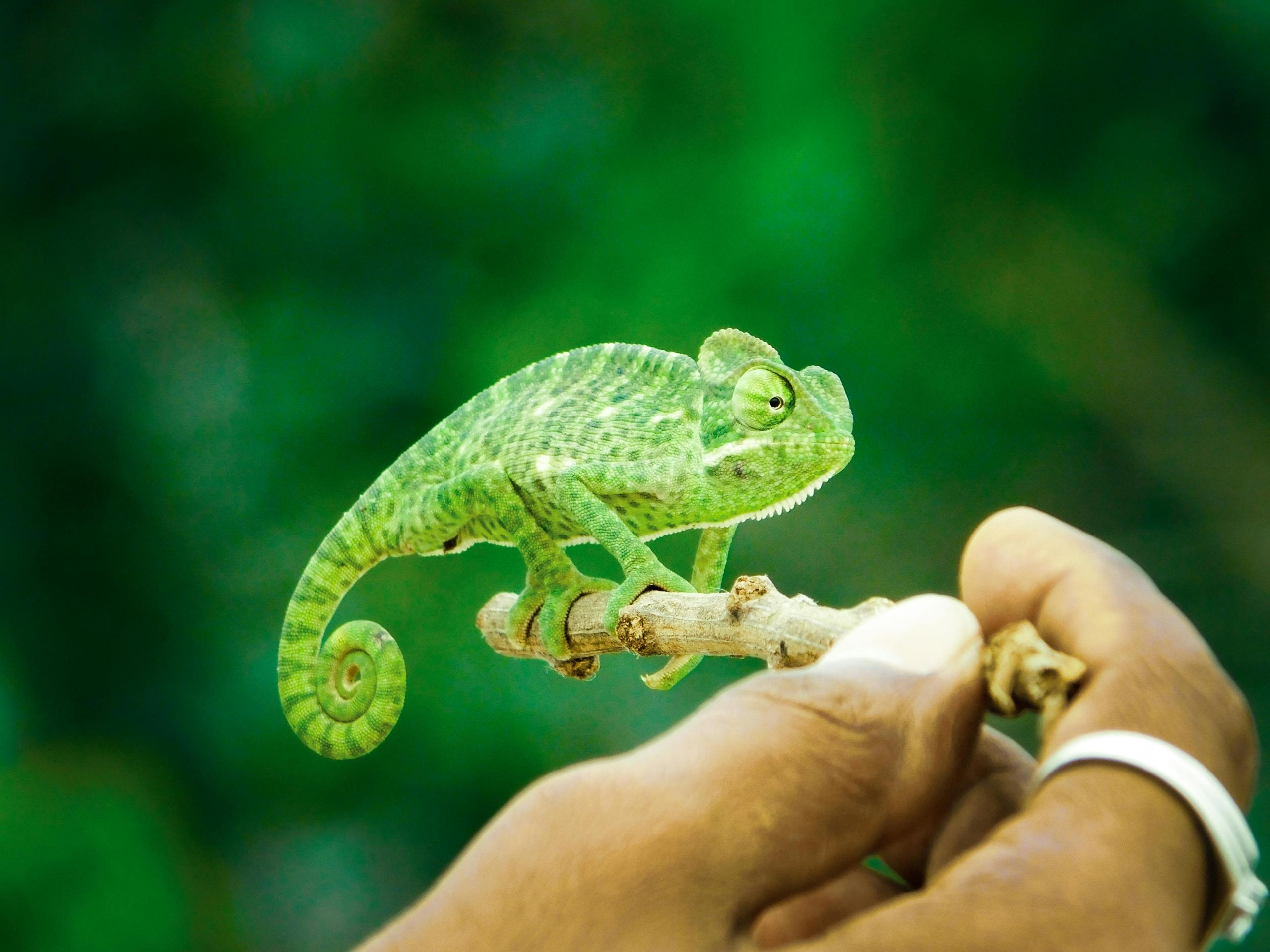Lizards are fascinating pets with diverse dietary needs, depending on their species. Understanding what your lizard eats is crucial for their health and well-being. Here’s a comprehensive guide to help you provide the best diet for your scaly companion.

1. Types of Lizards and Their Diets
Herbivorous Lizards
Examples: Iguanas, Uromastyx
Herbivorous lizards primarily eat plant matter. Their diet should include:
- Leafy greens: Kale, collard greens, and dandelion greens.
- Vegetables: Squash, bell peppers, and carrots.
- Fruits: Offer in moderation, including berries, apples, and melons.
Carnivorous Lizards
Examples: Monitor lizards, some geckos
Carnivorous lizards require a diet rich in protein. They typically eat:
- Insects: Crickets, mealworms, roaches, and waxworms.
- Small rodents: For larger species, consider pinky mice or small rats.
- Fish: Some species enjoy fish or other aquatic foods.
Omnivorous Lizards
Examples: Bearded dragons, anoles
Omnivorous lizards have a mixed diet that includes both plant and animal matter. A balanced diet should consist of:
- Insects: Crickets and mealworms for protein.
- Vegetables: Leafy greens and other veggies.
- Fruits: Limited amounts for added nutrients.
2. Feeding Frequency
Feeding frequency varies by age and species:
- Juvenile lizards: Often require daily feeding due to their growth needs.
- Adult lizards: Depending on the species, they may eat every other day or a few times a week.
3. Supplements and Nutrition
Lizards may need additional supplements to ensure they receive all necessary vitamins and minerals:
- Calcium: Sprinkle calcium powder on food several times a week, especially for herbivorous and omnivorous species.
- Multivitamins: A balanced multivitamin supplement should be provided once or twice a week.
4. Fresh Water
Always provide fresh, clean water in a shallow dish. Some lizards prefer to soak in water, so ensure the dish is large enough for them to comfortably enter.
5. Foods to Avoid
Certain foods can be harmful or toxic to lizards:
- Lettuce: Offers little nutritional value and can cause diarrhea.
- Citrus fruits: High acidity can upset their stomach.
- Processed foods: Avoid human food and processed snacks.
6. Observing Eating Habits
Pay attention to your lizard’s eating habits. Changes in appetite or refusal to eat can indicate health issues. If you notice anything unusual, consult a veterinarian.
Feeding your lizard a balanced and appropriate diet is key to their health and happiness. Research your specific species to understand their dietary needs, and remember to provide a variety of foods for a well-rounded diet.
If you have questions and you'd like to reach out to us, you can call us directly at (602) 833-7511, or you can email us at [email protected]. Don't forget to follow us on social media Facebook, Instagram.
